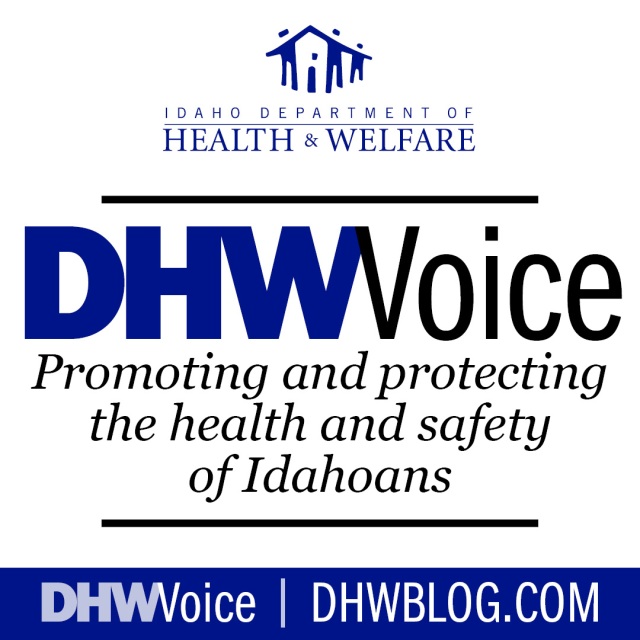What is the Delta variant and what should I know about it?
The COVID-19 virus Delta variant has mutations, or changes, from the original virus strain. The Delta variant is more contagious and spreads more than twice as easily from one person to another, compared with earlier strains. Areas where many people are not vaccinated have more cases of COVID-19, and we are in a race against time to vaccinate more people before new variants form.
Higher numbers of vaccinated people lower the chance for the virus to spread and help prevent new variants. Data show that the vaccines are preventing severe illness, hospitalization, and death, and work well against the Delta variant. Vaccination is the best way to protect you, your family, and your community.
Should vaccinated people worry they are spreading the virus?
Although the COVID-19 vaccines offer protection, they are not perfect. There will be vaccine breakthrough infections. However, breakthrough infections represent a very small number of cases around the country, and less than 1 percent of cases in Idaho. In addition, infections among vaccinated people are much less likely to result in serious illness, hospitalization, or death.
If you get vaccinated, your risk of infection is around 3.5-fold lower than if you had not gotten vaccinated, your risk of getting ill from COVID is over 8-fold lower, and your risk of hospitalization or death is around 25-fold lower.
There is evidence that some vaccinated people can spread the virus if they get infected with the Delta variant; that is why it is important that in areas of substantial and high transmission, vaccinated people wear a mask in public indoors to prevent spread and protect themselves and others.
Continue reading “COVID-19 Q&A: The Delta variant is more contagious” →


